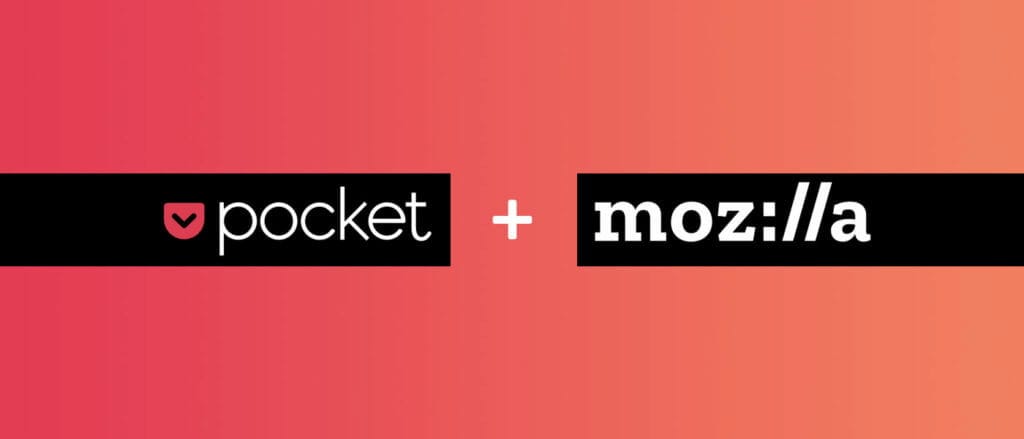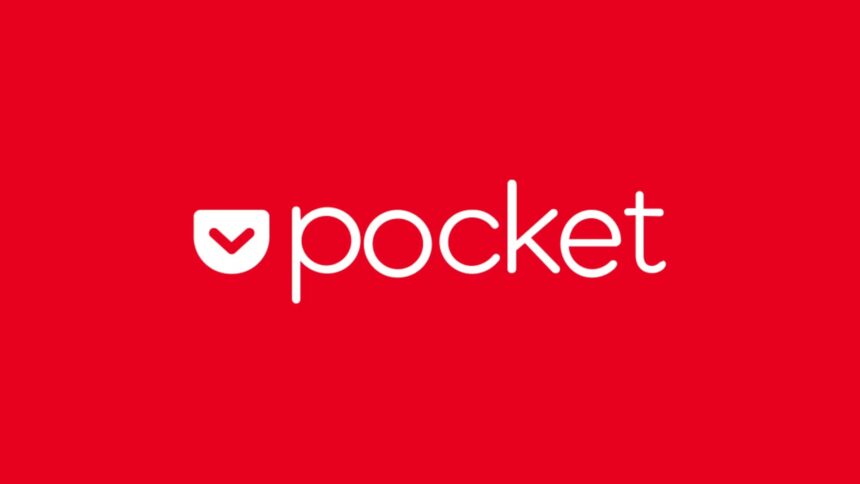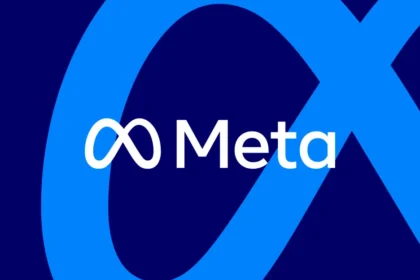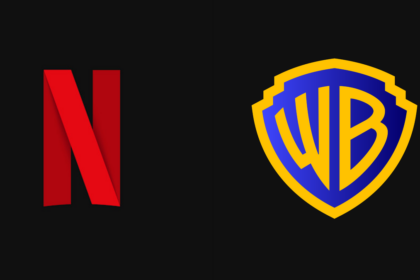The web browser landscape today is overwhelmingly shaped by Chromium, the engine powering major players like Chrome, Edge, Opera, and a long list of others. In a sea of similar platforms backed by tech giants, Firefox stands out as a rare independent alternative.
While it may not boast the massive market share enjoyed by its Chromium-based rivals, Firefox maintains a loyal user base that values its open-source roots, commitment to privacy, and freedom from big tech influence.
Aware of its niche but devoted community, Mozilla has decided to double down on Firefox. As reported by Neowin, the organization has made the strategic choice to discontinue side projects like Pocket and Fakespot. The move signals a return to basics—putting all resources and attention into strengthening the browser itself.
This change reflects a broader commitment to refining the Firefox experience rather than spreading development efforts across multiple products. For users who still want a browser not tied to multi-billion-dollar ecosystems, Firefox’s renewed focus could be a welcome sign of things to come.
Mozilla is committed to improving Firefox and closing services such as Pocket and Fakespot

Unlike tech titans like Google or Microsoft, Mozilla operates without the backing of a multi-billion-dollar empire. That independence has long been a cornerstone of its identity, shaping Firefox into a browser built around user privacy and open web values, not advertising or surveillance.
But that independence comes with trade-offs. Without massive financial reserves, Mozilla can’t afford to spread itself thin across multiple services. Instead, the organization is choosing to consolidate, placing its full focus on what matters most: the future of Firefox.
In a statement shared through its official support page, Mozilla confirmed the shutdown of two major services: Pocket and Fakespot. This move, the company explains, is part of a broader effort to streamline operations and invest more heavily in Firefox’s continued development.
“Firefox remains an essential choice in the browser world precisely because it stands apart—it isn’t owned by a giant corporation,” Mozilla stated. “That independence allows us to put our resources where they’ll have the most long-term impact.”
Pocket Will Shut Down on July 8, 2025

Fakespot Also Closing Its Doors
Mozilla is also sunsetting Fakespot, a browser extension and platform that helped identify suspicious or fake product reviews on e-commerce sites. Fakespot and its website will officially shut down on July 1, 2025.
Why This Is Happening
Beyond the financial realities, Mozilla points to changing user behavior. According to the company, people’s habits around reading, saving content, and online shopping have evolved, leading to a natural decline in the relevance of services like Pocket and Fakespot.
By stepping away from these side projects, Mozilla aims to channel its energy and funding into refining Firefox, ensuring it remains a competitive, privacy-focused alternative in a browser market dominated by Chrome and other Chromium-based platforms.
For users who value digital independence and data control, this renewed focus may be disappointing in the short term, but promising in the long run.











